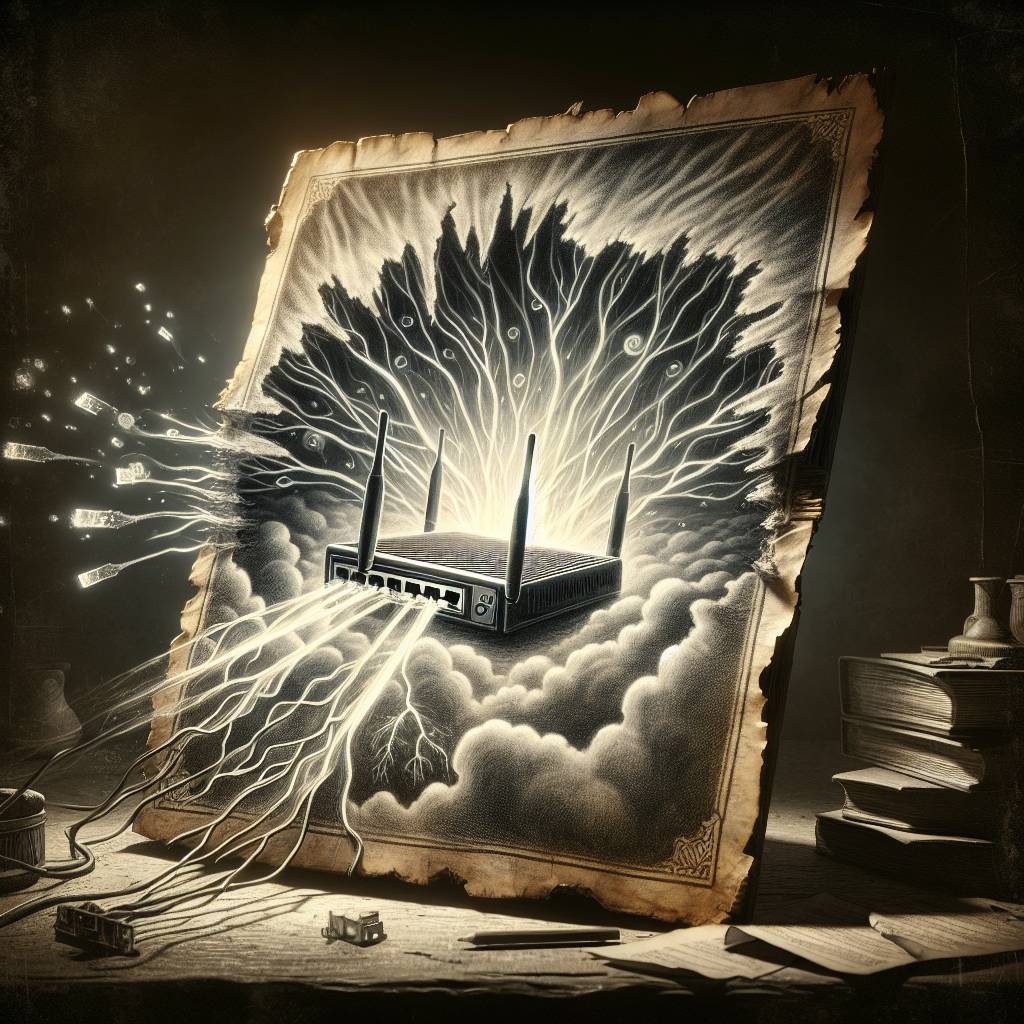Scan Scenarios: How Internet Probes Can Crash Your Router and Your Spirit
Internet-wide scans can be a touchy subject. While some see them as harmless, others liken them to unsolicited breakdancing in a quiet library. Enter RFC 9511, suggesting scanners leave a calling card via URL, ensuring that if a scan causes chaos, at least there’s someone to blame.

Hot Take:
**_Scanning the internet without a plan or identification? That’s like showing up to a costume party without a costume—everyone’s confused and a little alarmed._**
Key Points:
– Internet-wide scans are being monitored, with 36 groups currently tracked and 33k IPs identified.
– Scans can be seen as unethical if done without permission or if they exploit vulnerabilities.
– RFC 9511 suggests identifying oneself during scans to minimize unintended damage.
– Specific measures like adding URLs to probe packets and user-agent headers can help identify scans.
– Organizations like Shodan and CENSYS offer data that could be used instead of performing new scans.
